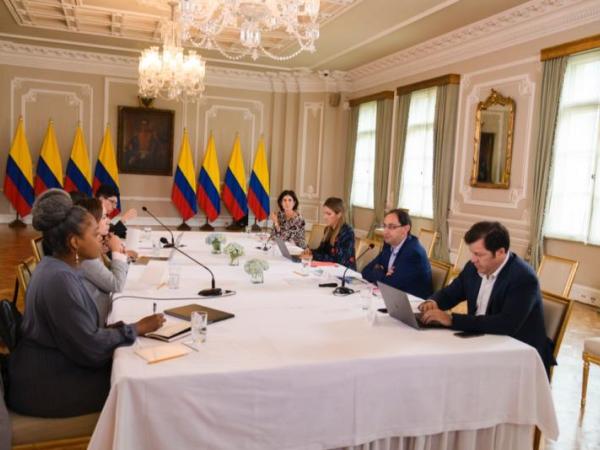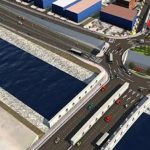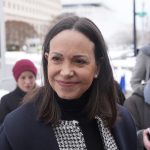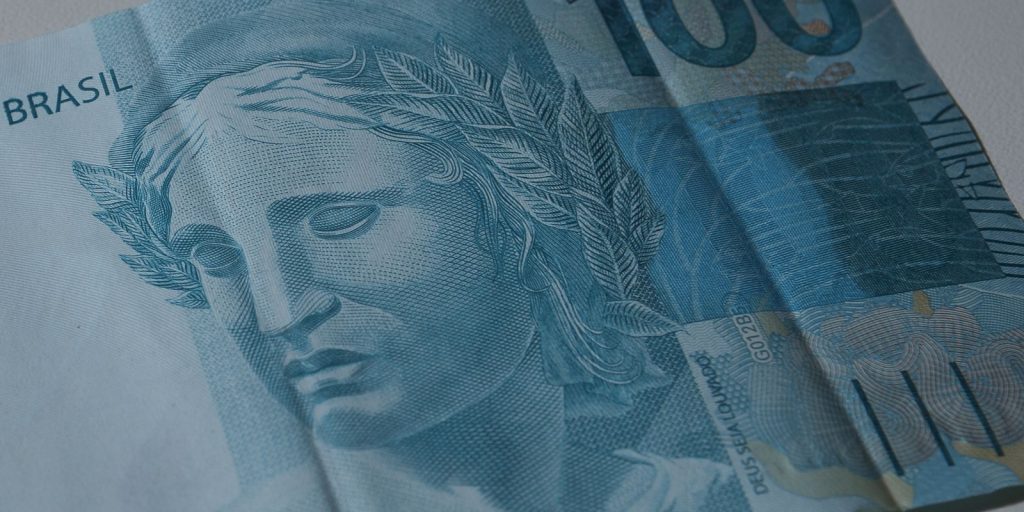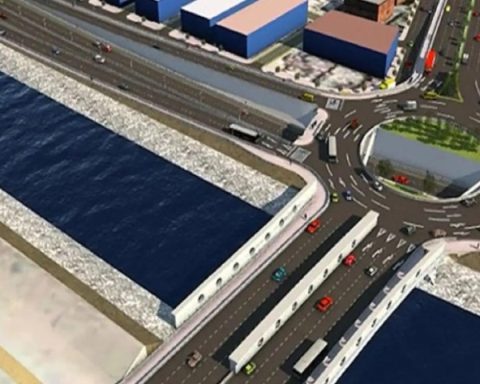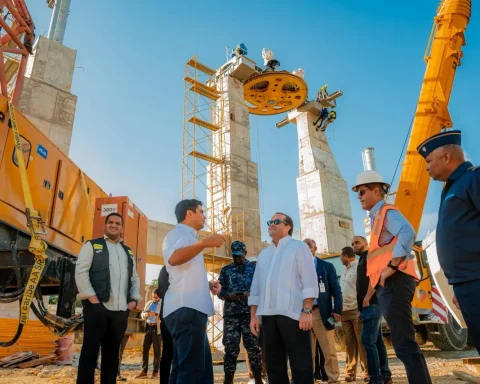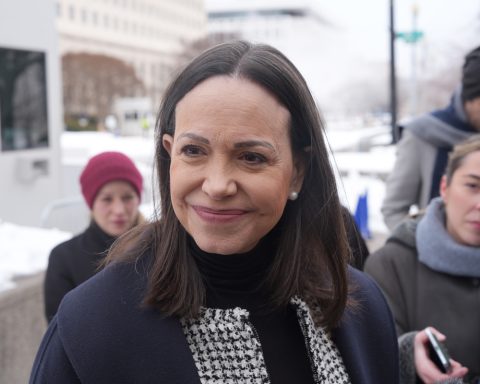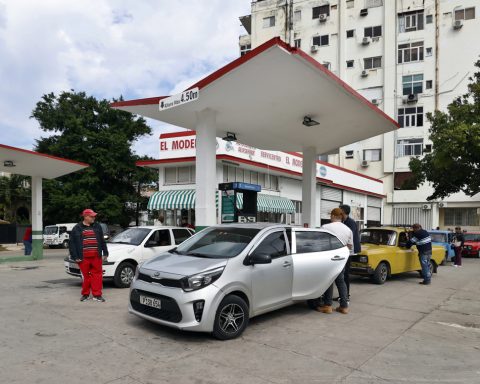After five weeks and a total of 53,250 hours of work dedicated to government Junction, Yesterday Gustavo Petro’s team presented the report with the main conclusions of the process, in which 23 sectors and 11 cross-sector groups participated, in addition to 190 entities.
(Details by sectors of the Duque – Petro junction).
The document provided a quantitative and qualitative analysis of the sectors, a traffic light of public policies and a series of strategic recommendations, and also, a set of proposals for the first 100 days in areas such as health, environment, peace, education, and mines, among others.
One of the sectors that will be key for the new government is the Treasury, due to the need to leverage many of the fiscal programs. Among the points cataloged as favorable by the junction for the sector is, precisely, the effort in fiscal matters in the policy of monetary transfers for the population in conditions of poverty and vulnerability, and the idea of maintaining them by expanding their coverage and amount. As a warning, on the contrary, the need to review the tax exemptions and benefits granted in the last two tax reforms was pointed out.
“The fiscal reality of the country is a great concern, the level of indebtedness and fiscal deficit that we find for the next four years is critical, therefore the tax reform that will take place in Congress becomes essential,” said Daniel Rojas, coordinator of the splice
(Mining moratorium and other proposals for the first 100 days of Petro).
Deputy Minister-designate Diego Guevara presented the balance of the Treasury and highlighted three points: positive growth, but marked by a “base effect”, double-digit unemployment, which he said worries the new government, and high inflation.
Another of the key economic sectors is Work. Among the conclusions of the joint appears as a priority “to prepare and elaborate the necessary bills for the presentation of a pension reform”, to carry out the design and restructuring of the social protection floor and employment programs led by the national government.
On the trade and industry side, one of the incoming government’s proposals drew attention: the creation of its own Ministry of Industry. Likewise, with the report presented this Monday, the proposal of the Petro Administration of renegotiate free trade and investment treaties, as well as the search for the substitution of food imports.
Among the programs that the next government would inherit, with changes in focus, from the Duque Administration are the strengthening of the regional commissions for competitiveness and innovation, trade facilitation programs, productivity factories, the single business and foreign trade window, sustainable tourism, ‘Colombia buys ours’, among others.
(The three key issues of the Petro government in its relationship with the US).
While in Mines and Energy, another of the sectors that sets the standard in economic matters, among the main critical alerts is the fact that the Fuel Price Stabilization Fund (Fepc) is in deficit, which makes it an “urgency ” the road map that is taken.
The incoming government also classifies as ‘red’ from the splicing team to the comprehensive research pilot programs in Puerto Wilches: Kalé and Platero for the implementation of fracking in Colombia and in terms of mining policy, the extension for the Soto Norte – Minesa project. .
María Constanza García, coordinator of the Transport sector junction, said on the other hand that “71% of the resources of this sector in 2022 were future validity, about 80% of the resource in 2023 are future validity”, and assured that the this sector arrives “unfinanced”.
He also highlighted that the railway and river mode only have an investment of 2%, and for this reason they will be a priority of the Government. On tertiary roads, he spoke of continuing their maintenance and execution. As a red alert, García spoke about the investment in the Magdalena River and its investment, since in this four-year period more than half a billion pesos have been given in its dredging.
In relation to the housing sector, at the junction the Government of the incoming president said that it shares the idea of converting the National Savings Fund into a housing banking system and it is proposed that the sector work together with the Ministry of Agriculture to promote rural housing.
BRIEFCASE
